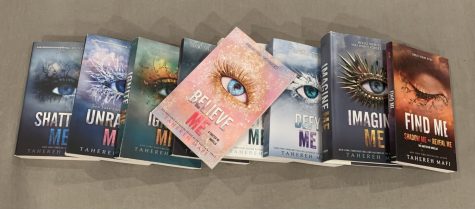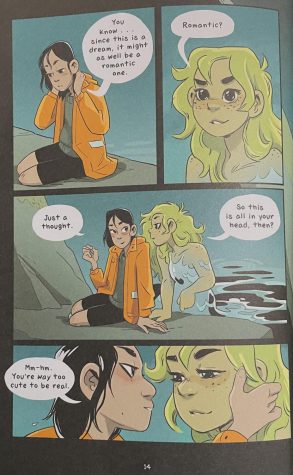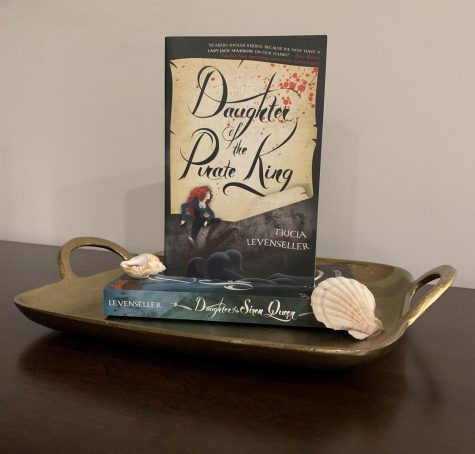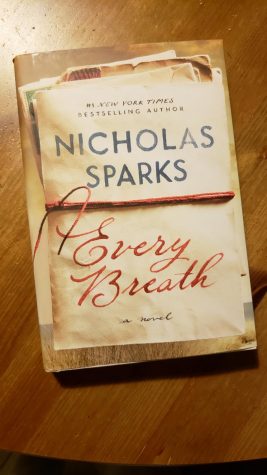A Peace Corps Volunteer’s Memoir
Burghdorf writes with wisdom and syntax that is honest.

Good Morning, Mr. Paul, by former Clark Magnet H.S. teacher Paul Burghdorf, is a memoir comprised of the highlights of Burghdorf’s time spent in the Peace Corps. The chapters of this book range from heartwarming life lessons, while others are graphic recounts of the imperfect reality that Burghdorf faced in Indonesia.
This memoir begins with Burghdorf as a young college graduate, making the decision to meet the historical challenge that President John F. Kennedy presented to the nation: “Ask not what your country can do for you, ask what you can do for your country.” According to Burghdorf, he “wanted to widen his perspective of the world and to expand his horizons,” and by joining the Peace Corps, he did exactly that.
Burghdorf left a job teaching English at Pasadena Academy and as an athletic director to take on the brand new concept of being a Peace Corps Volunteer. President Kennedy had just introduced this program to Americans, and as many sophomores in Mr. and Mrs. Davis’ humanities classes know from his class visit a few weeks ago, Burghdorf had the opportunity to meet President Kennedy.
I picked up this book after Mr. Burghdorf’s recent visit, when he retold the story of his first Christmas in Indonesia as a Peace Corps volunteer. I would imagine that spending time as a Peace Corps Volunteer would leave one with lifelong lessons learned in an exotic country.
However, his story of providing resources to lepers — “untouchables” to the rest of society — left me with a lesson that I value more than anything I’ve learned inside a classroom or through a textbook. One of the big points of the memoir is that “it is not all about you.” Burghdorf learned this through spending his Christmas in poverty with the lepers, and he
This memoir isn’t anything like the books I usually read, which are dystopian novels or young adult novels about summer romances. That said, I appreciate the memoir even more because of it. Burghdorf writes with wisdom and syntax that is honest and does not do the disservice of sugarcoating the gritty details of being harassed by communist forces while arriving in Indonesia. His genuine desire to help and educate the people of Indonesia is apparent through his writing, and from what I can tell, he succeeds.

INTERESTS/HOBBIES: ¯\_(ツ)_/¯
EXTRACURRICULAR ACTIVITIES: running around to make a yearbook.
THREE WORDS TO DESCRIBE ME ARE: can i LIVE
IN...







